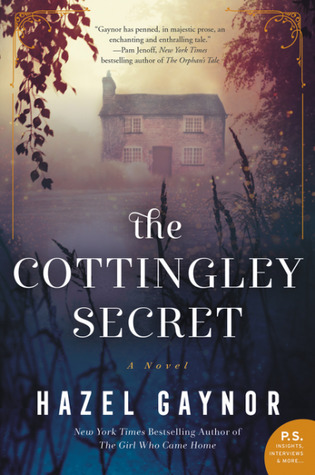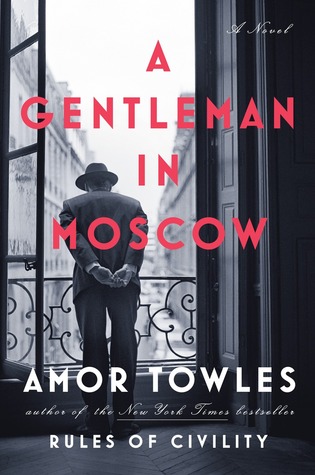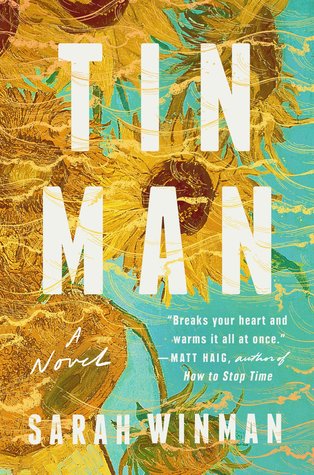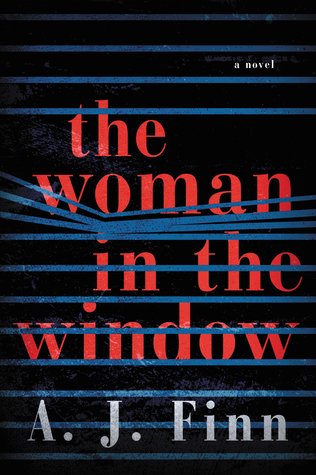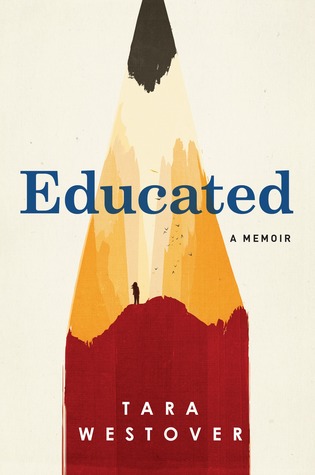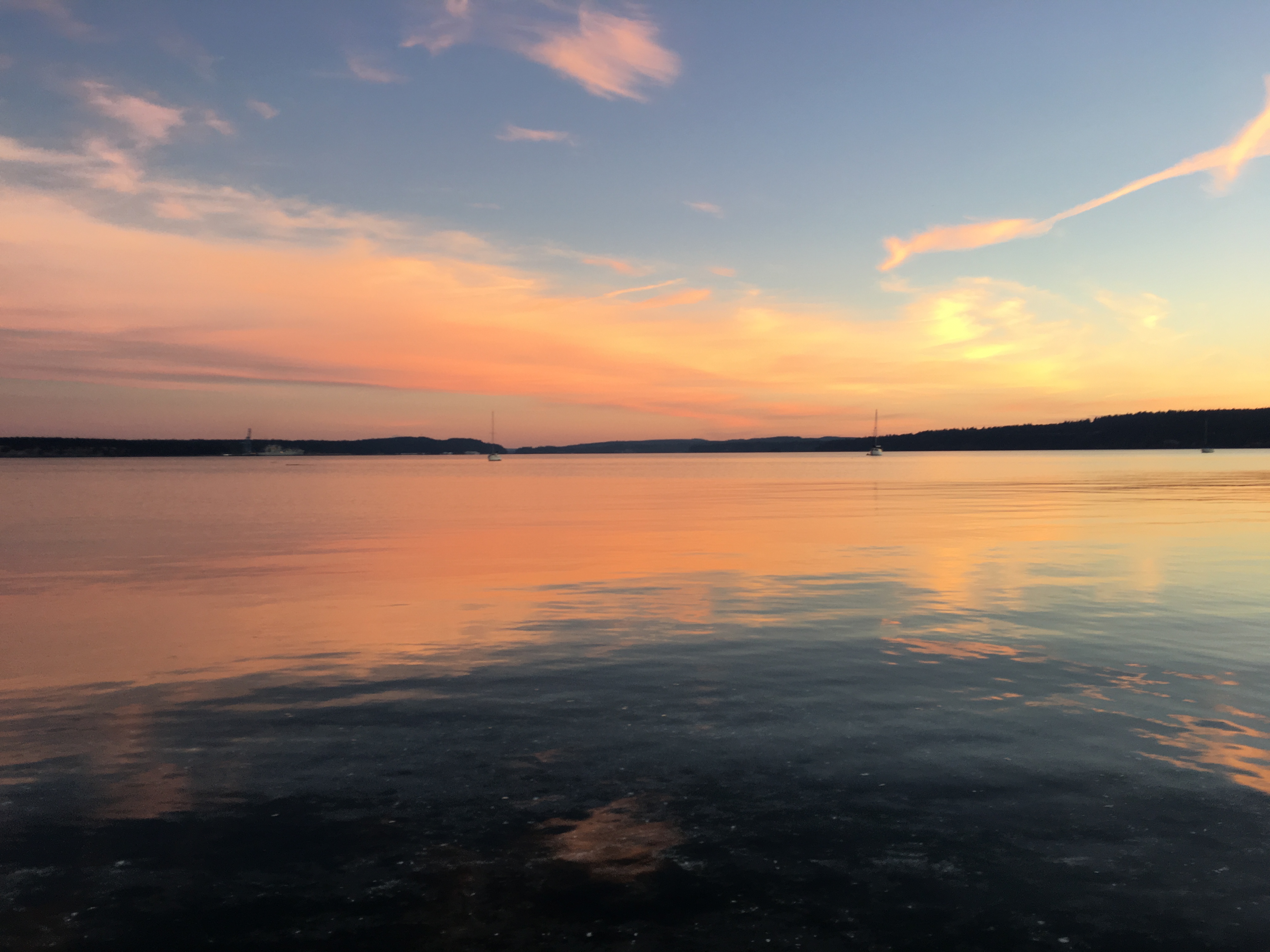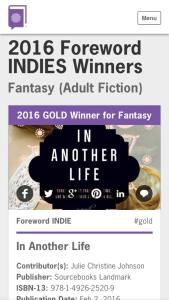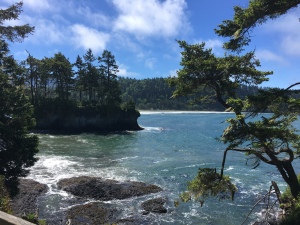We haven’t quite settled on a name yet, though I love the suggested Guild of Dangerous Writers. We’re a new writers’ group on the Olympic Peninsula penning mystery and crime fiction; some of us cozy, others procedural, one writing YA, another romantic suspense. A handful are published authors, others entering the fray for the first time. But whatever our experience or category, inside the covers there is Murder & Mayhem.
Deciding that we have other avenues for critiques, this group isn’t exchanging work and feedback. Instead, we’re exchanging resources, advice, and planning genre-related excursions (e.g. touring a jail; visits to the local gun range) and lectures by experts (current police detectives, a former county sheriff), as well as monthly accountability check-ins. It’s the motivational shove this writer needed; since our inaugural meeting, I’ve doubled my novel-in-progress word count. Doubled in two months what took the previous eight to achieve. We shared our premises and trouble spots, and I received suggestions that gave me traction to jolt my work from the mud where it was spinning. It’s the best thing that’s happened to my writing since the Chuckanut Writers’ Conference in June 2012, where I finally took IN ANOTHER LIFE from vague idea to print on a page.

For our next meeting, I volunteered to present on the frightening topic of Building An Author Platform (or, How to Develop A Marketing & Promotion Plan Without Losing Your Mind & Breaking Your Bank). Forget chilling thrillers that have you triple-checking the locks before to bed or clever whodunits that find you second guessing every possible clue, wondering which is the key to unlocking the mystery… the riddle wrapped in a mystery inside an enigma that is book marketing and promotion and building a reader base elicits blood-curdling screams from most authors.
I’ve spent weeks poring through the wisdom I’ve collected about author platforms and book promotion since 2015, when I prepared for the launch of IN ANOTHER LIFE, and combing through favorite old and new sources for details on the ever- and rapidly-changing world of book marketing. When I began building my strategy four years ago, Facebook Author Pages were must-haves, writers were expanding their Google+ circles, author newsletters were published faster than you could say “MailChimp”, and #bookstagram was just about to become a thing.
Much has changed in four years (Google+, anyone?). New Facebook algorithms have all but made author pages irrelevant. Twitter use has exploded, thanks to the Twit-in-Chief, but savvy authors know it’s a place for conversations, NOT to announce the $.99 sale of your e-book. Facebook bought Instagram; Amazon bought Goodreads. Tiny Letter folded. Kirkus is now charging $495 for a review. Print publications are cutting back their arts sections, book reviews are getting harder and harder to score, and virtual blog tours seem sooooo 2016.
It’s hella daunting out there. This author knows she didn’t do enough to promote her first two novels. Spend enough, focus, plan, anticipate, enough.
ENOUGH.
Success in publishing—if you define success as bestseller, or even pretty good seller—is largely a matter of luck. If your publisher selects your novel or memoir as that season’s “Big Book”, you are a rare and fortunate bird, indeed. Realize now that you have very little control over the publishing process; even if you choose to self-publish you cannot predict what will happen after your book is pushed into the world.
What you can control, however, is your visibility and your voice. Your author platform. Building an author platform is not about garnering likes or retweets. It is about broadcasting your voice—and building relationships with those who listen.
Two elements of a solid author platform remain constant in the constantly changing publishing industry: quality writing and literary citizenship. And what could be more rewarding for a writer than to focus her time and energy on becoming a better writer, and to celebrate the achievements of others? Never has it been easier to join communities of other writers, to reach out a hand in support or to raise one in need. Frankly, literary citizenship is one of the few reasons this writer remains on Facebook and Twitter; my virtual writing communities are endless sources of inspiration, support, and friendship.
You owe it to your books to do all that is reasonable—given your resources of time, money, and emotional energy—to find and engage readers. But this is not a race against the thousands of titles that threaten to push yours aside on the shelf. It’s a long walk shoulder-to-shoulder with other writers. Understanding that a collaborative, open-arms approach to publishing will become the deep inhale that propels you up the steep slopes of publishing.
Suggested Read: Are There Limits to Literary Citizenship? and subscribe to Jane Friedman’s blog while you’re there.
We can walk into the world of business feeling we are on the turf of strangers, possible enemies. Or we can enter that world in a way that brings our own turf with us, so that we no longer feel defensive but expansive. With the realization of the power our art wields, we can become generous. When we do, we become compelling, enviable, impressive, and we have the ability to change things.
Elizabeth Hyde Steven, from Make Art Make Money: Lessons from Jim Henson on Fueling Your Creative Career
Since you’re visiting, let me know how you like the new look here, and at my website: juliechristinejohnson


